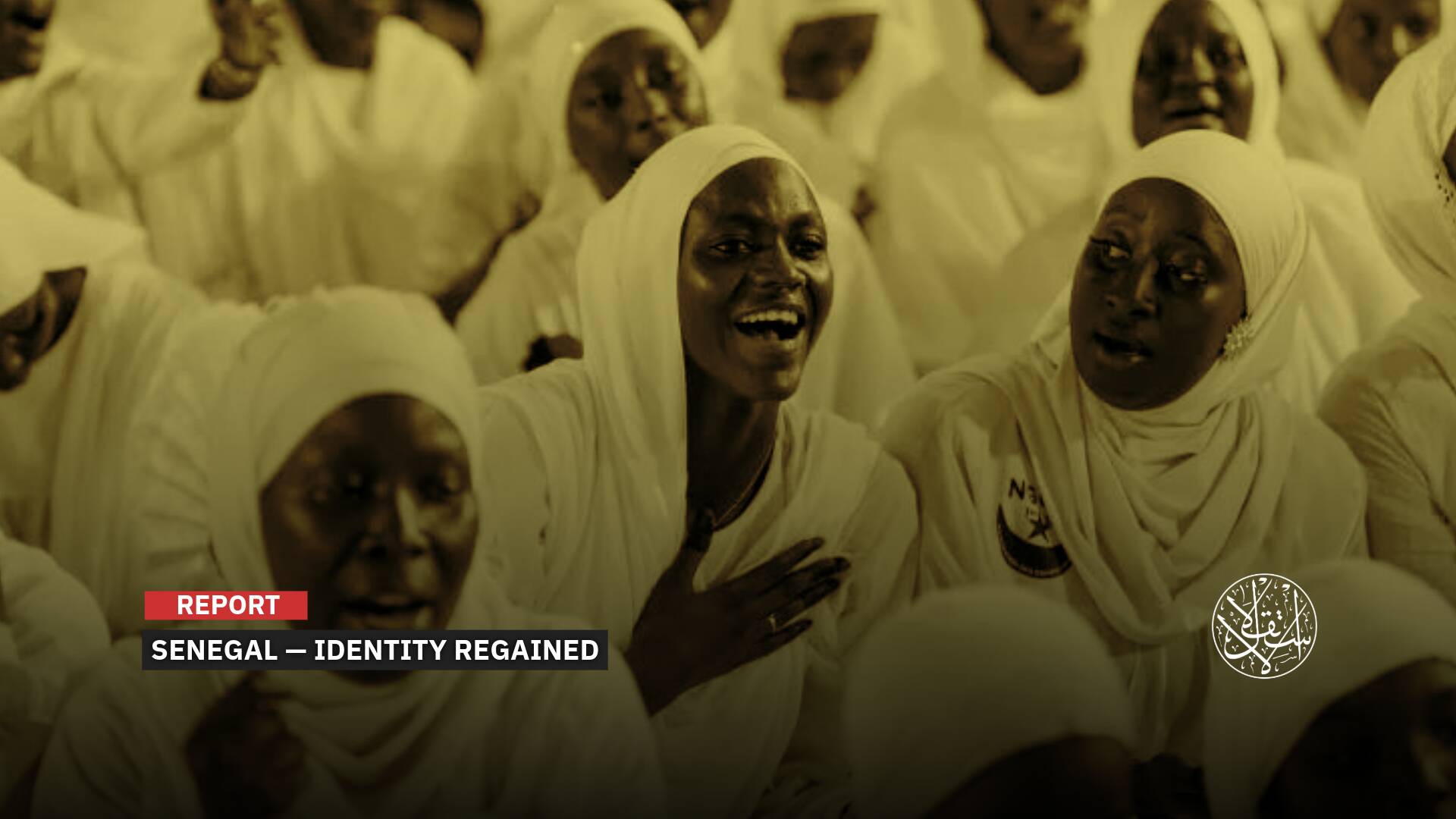From Hamid to Xavier: Racism in France Forces a Writer of Algerian Origin to Change His Name

When applying for a job in France, please check if your name sounds Arabic or not because you will not be hired according to your skills or years of experience.
Surprisingly, another crucial mediating factor will determine your future job: your name.
French writer Hamid Ait Taleb, of Algerian origin, was a victim of this kind of racism in France a couple of days ago.
He said in his interview with radio France Inter that his name was an obstacle in finding a job despite his good CV, and it forced him to change it to Xavier Leclerc.
Change Your Name to Find a Job
French writer Hamid Ait Taleb, of Algerian origin, expressed his suffering from racism after doors were shut to find a job in France; this forced him to change his name to Xavier Leclerc.
In his interview with Radio France Inter this week, Ait Taleb said that he faced great difficulty obtaining a job in France because of his Arabic name before resorting to changing it.
Hamid Ait Taleb's case aroused widespread resentment and rejection of racism on social media platforms.
Hamid, the author of A Man Without an Address, said: "Although I had two master's degrees from the Sorbonne, I did not receive even a single phone call for a job interview. When I changed my name from Hamid Ait Taleb to Xavier Leclerc, I received Hundreds of calls."

Hamed continued to say that he is no longer looking for a job, but rather the companies are now contacting him.
According to the writer, this is painful but real; he said he is not the only one who suffers because of his Arabic-origin name.
Ait Taleb spoke about this kind of discrimination in his book and highlighted the criticism he was subjected to because of the name switch, as some considered it a betrayal of his roots and identity.
The short video, published by the French radio on its official page on Twitter, had more than one million and 100 thousand views.
Not only Hamed, Aisha, 32, was forced to change her name to Camella in order to find a job.
In her interview with Al-Estiklal, she pointed to the discriminatory procedures that rely on names to determine who is worth this job.
Aisha said that she had been applying for 10 months, but she got no answers, not a single one.
"I was wondering what's the problem. I am a computer engineer. I do not think it was that hard to receive one phone call. It is out of logic. I knew it was beyond that," she said.
"A friend of mine suggested changing my name as it sounds Arabic, and chances to be hired are low. I was shocked actually because, just after two days, I received two job offers. I realized that the problem was my name, not my status. The problem is my Arab origin despite being a French citizen," she added.
Try More Than Once
Names are an integral part of people's identity, and they often enter a room before individuals physically do. A person's name can prompt others to create predetermined ideas about what he or she has to offer.
Because of that, people with North African identities are more likely to fall for employment discrimination.
In November 2021, the Institute for Public Policy (IPP) said that the Maghrebian French face "very significant" hiring discrimination.
Relying on large-scale testing, a study conducted under the aegis of the statistical service of the Ministry of Labor (DARES) and published by the French right-wing magazine Le Point revealed that the applications of Maghreb origins have a 31.5% less chance of being contacted by recruiters than those with a first and last name of French origin.
In other words, an applicant of North African origin must send more applications to find a job and be very patient but not that much optimistic, and if they are not, they must change their name to Jack, François, or Mary.

The study, which was conducted under the auspices of the Department of Statistics of the Ministry of Labor, sent fake CVs in response to several thousand job offers in dozens of different professions. The success of applications was evaluated by recall rates, that is, the proportion of applications in which employers show interest in the resumes sent.
The result was: to receive the same number of positive responses, a person who is supposed to be of North African descent "must send 1.5 times more applications than someone with the same resume but with a French name.
The study also noted that the discrimination is "lower, without being erased, among the most qualified employees."
Thus, discrimination in job offers is about twice as strong in low-skilled trades compared to that observed in skilled trades.
The Highest Rates
Many studies confirmed that discrimination, in the labor market, in particular, is much stronger in France than in the rest of the European Union. An employer may reject people simply because he dislikes them or because of dominant stereotypes about them as a less productive category. Stéphane Carcillo and Marie-Anne Valfort's study entitled Combating Discrimination in the Labor Market said that "these discriminations are largely the result of cognitive biases: our taste for similar others, but also our tendency to distort reality through negative stereotypes towards people who do not look like us."
On another side, the results of the Eurobarometer on discrimination in the European Union showed that almost two in three European citizens (64%) believe that discrimination based on ethnic origin is the most common form of discrimination in Europe, while eight French did. Ahead of discrimination based on sexual orientation (58%) and discrimination based on gender identity (56%), religion or belief (50%), disability (50%), and gender (37%). When French people were asked if discrimination based on skin color, ethnic origin, or religion is widespread, nearly eight out of ten said "yes," compared to just six out of ten Europeans.

This is also recalled by the authors of a study just published in France on discrimination in hiring (with a focus on ethnicity and sexual identity and not immigration).
According to La Tribune, it is better to be called "Émilie Boyer and live in Rue Pasteur in Palaiseau than to be called Jamila Benchargui and inhabit La Grande Borne in Grigny." At least, France's inequalities in hiring in the private sector are now lower than in the public service.











